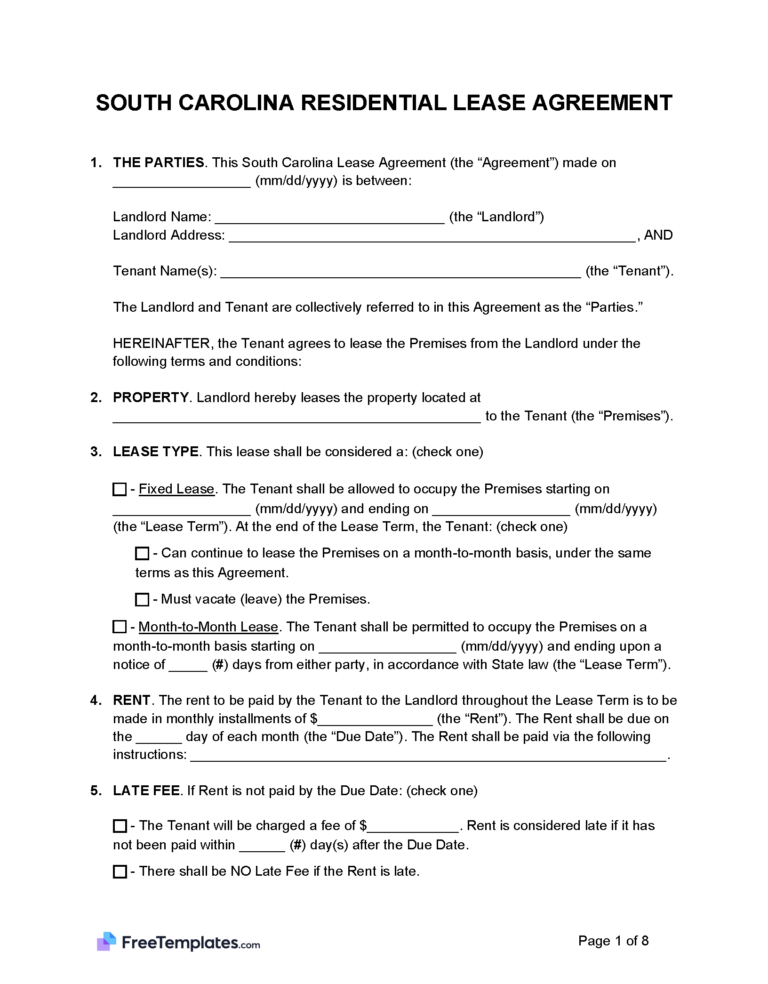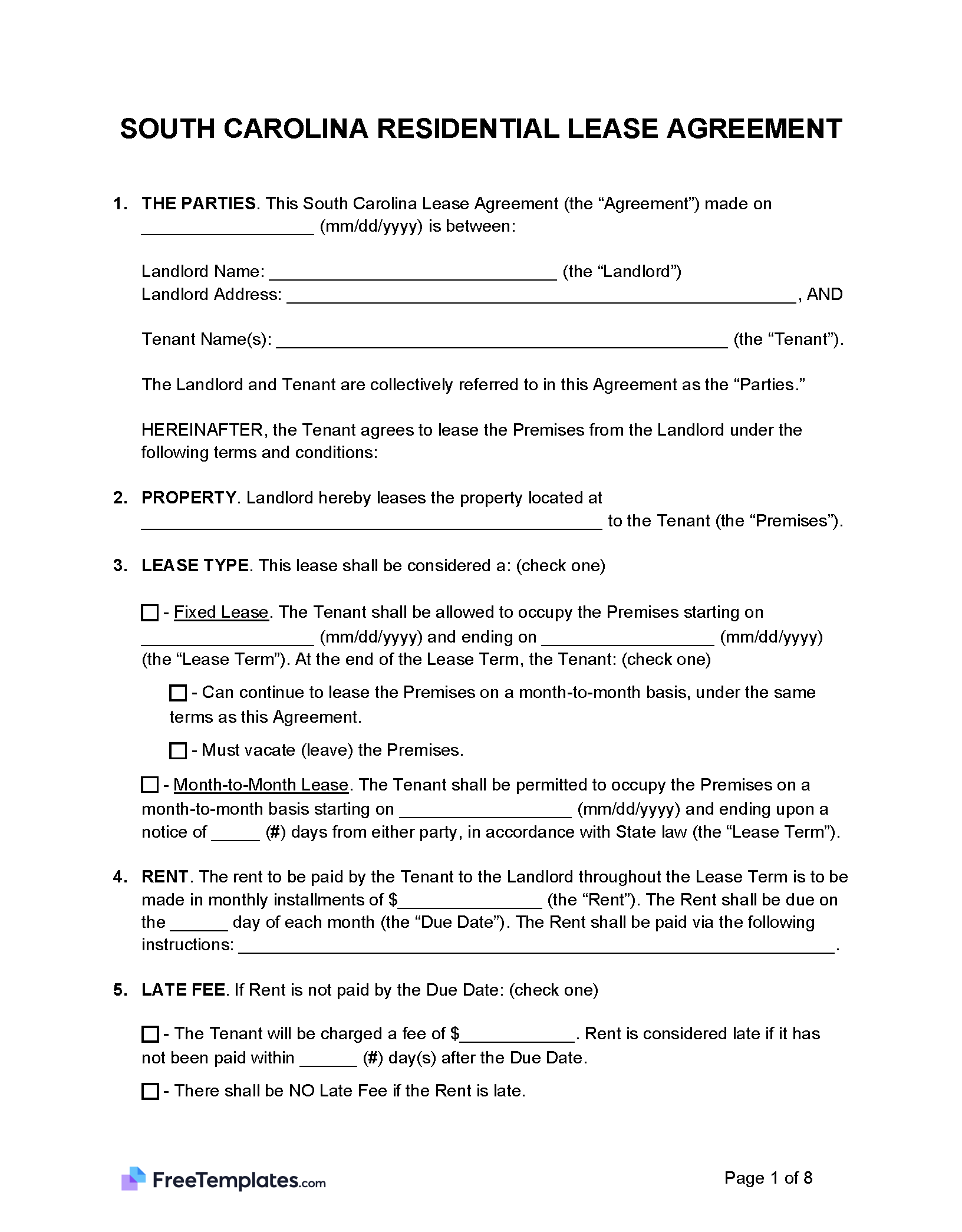By Type (6)
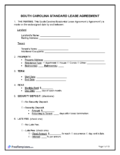 Standard Lease Agreement – A typical lease in which a tenant rents a property from a landlord for a set period of time—usually 12 months. Standard Lease Agreement – A typical lease in which a tenant rents a property from a landlord for a set period of time—usually 12 months.
|
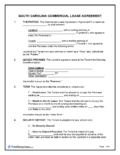 Commercial Lease Agreement – A lease between a business and a landlord for office, retail, or industrial building use. Commercial Lease Agreement – A lease between a business and a landlord for office, retail, or industrial building use.
|
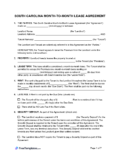 Month-to-Month Lease Agreement – A renewable lease that re-starts every month and can end with a 30-day notice from the landlord or tenant. Month-to-Month Lease Agreement – A renewable lease that re-starts every month and can end with a 30-day notice from the landlord or tenant.
|
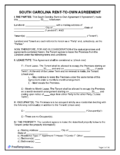 Rent-to-Own Agreement – The landlord may sell their property to the renter after the lease ends. Rent-to-Own Agreement – The landlord may sell their property to the renter after the lease ends.
|
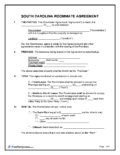 Roommate Agreement – This agreement is for two people living together in a shared space and lays out their duties and responsibilities. Roommate Agreement – This agreement is for two people living together in a shared space and lays out their duties and responsibilities.
|
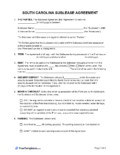 Sublease Agreement – With the landlord’s permission, a tenant can rent out all or part of their unit to another tenant. Sublease Agreement – With the landlord’s permission, a tenant can rent out all or part of their unit to another tenant.
|
Disclosures (3)
Lead-Based Paint Disclosure – For any property built before 1978, the landlord must inform the renter of any known presence of lead paint. (EPA/HUD Fact Sheet)
Landlord’s Contact Details – The original lease agreement must include the property manager’s or owner’s name and address. (§ 27-40-420(a))
Unequal Deposits (conditional) – A landlord with four or more adjoining units must disclose the security deposit amounts if they differ in the lease agreement. (§ 27-40-410(c))
Security Deposit
Maximum Amount – In South Carolina, a landlord may charge whatever they want for a security deposit with no minimum or maximum.
Returning to Tenant – A tenant must receive their security deposit within 30 days of the lease’s end. (§ 27-40-410(a))
- Itemized List – The landlord must provide the tenant with a list of any damages or deductions taken from the deposit within 30 days of the lease end. (§ 27-40-410(a))
Collecting Interest – No South Carolina laws dictate what a landlord can do with the interest on a security deposit.
Separate Bank Account – No laws state whether the lease’s security deposit needs to be in a separate bank account.
Landlord Access
General Access – If the landlord needs to gain access to the rented property, then a 24-hour notice must be given at a reasonable time. (§ 27-40-530(c))
Emergency Access – In an emergency, the landlord can enter his or her property without the tenant’s consent. (§ 27-40-530(b)(1))
Paying Rent
Grace Period – The rent must be paid on time without any grace period. A landlord may charge late fees if the rent is not paid on time. (§ 27-40-310(c))
Maximum Late Fee – No laws state the maximum fee a landlord may charge a tenant in South Carolina.
Returned Checks (NSF) – Writing a bad rent check may result in a maximum $30 fine from the landlord. (§ 34-11-70(a))
Withholding Rent – If the tenant has an issue that was not remedied by the landlord after notification, they may fix it themselves and deduct the costs from the rent. (§ 27-40-630(a))
Reasons for Eviction (4)
Non-Payment of Rent – Nonpayment of rent may result in a 5-day notice to quit or pay served by the landlord. (§ 27-40-710(b))
Non-Compliance – Failure to comply with the lease agreement terms may result in a 14-day notice to quit or comply. § 27-40-710(a))
Lockouts – Without a court order, the landlord may not lock out or change the locks on a renter. (§ 27-40-660)
Leaving Before the End Date—The tenant is responsible for paying all rent until the end of the lease, even if they abandon the property. (§ 27-30-50) If they abandon the property, the landlord must try to re-rent it. (§ 27-40-730(c)
